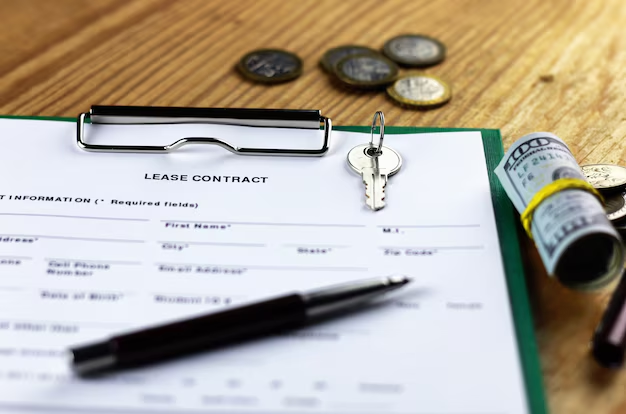What Happens When You Default on Your Mortgage?
Facing the possibility of defaulting on your mortgage can feel daunting. It's a financial crisis that affects millions and one that demands urgent understanding and action. Let's explore what happens if you find yourself unable to meet your mortgage obligations, and the steps you can take to mitigate the impact.
Immediate Consequences of Mortgage Default
When you miss a mortgage payment, the road to default begins. Typically, mortgage lenders offer a grace period—usually 15 days—during which you can make a late payment without a penalty. Beyond this, you'll likely incur late fees. If payments remain missed for 90 days or more, the mortgage is considered in default, and lenders may initiate foreclosure proceedings. During this process, lenders take legal action to reclaim the property to recover the owed amount.
Credit Score Impact
A mortgage default significantly impacts your credit score. Payment history makes up about 35% of your credit score, so missed mortgage payments can lead to a severe drop here. This marred credit history not only affects future loan prospects but can also influence other areas of financial life, such as insurance rates and even job applications in some cases.
Steps to Take if You're at Risk of Default
Communicate with Your Lender: Open a dialogue immediately. Lenders often have programs to assist borrowers in difficulty, such as loan modification or temporary forbearance.
Evaluate Government Aid Programs: Government initiatives like the Home Affordable Modification Program (HAMP) may offer financial relief through loan modification options.
Consider a Short Sale: If foreclosure seems imminent, a short sale—selling the house for less than owed with lender approval—could minimize credit damage and release you from debt.
Exploring Financial Assistance and Relief Options
Defaulting can act as a gateway to exploring numerous financial aid and relief options aimed at helping individuals regain stability:
Government Aid Programs: These offer various services, from mortgage relief to rental assistance, ensuring a broader safety net.
Debt Relief Services: Contact organizations providing debt negotiation services to manage or consolidate debt effectively.
Credit Counseling: Nonprofit credit counseling agencies can guide you through creating a budget, managing debt, and avoiding future defaults.
Increasing Your Financial Literacy
Understanding your financial standing and future is crucial. Educate yourself through free or low-cost resources:
Financial Workshops: Attend local or virtual workshops focused on improving budgeting skills and financial planning.
Educational Grants: Some grants are available for financial literacy courses, supporting individuals in gaining necessary knowledge about personal finance management.
Guarding Against Future Financial Pitfalls
Learning from the experience of a mortgage default is vital. Building an emergency fund and improving financial literacy are steps in the right direction. Diversify your financial safety net by considering:
Savings Accounts: Having a dedicated emergency fund for at least 3-6 months of expenses.
Investment Knowledge: Understanding various investment streams to enhance wealth-building strategies.
Dealing with the threat of mortgage default can be a life-altering financial crossroad. However, by proactively seeking solutions and tapping into available resources, you can navigate this challenging time more effectively, preserving not just your financial standing but your peace of mind as well. Always remember that help is available, and taking control of your financial situation starts with the first step.
🛠️ Resources & Solutions for Mortgage Default:
- 🏛️ Government Programs: Look into HAMP and other federal assistance programs
- 📈 Credit Counseling: Engage with nonprofits for budget planning and debt management
- 🏡 Short Sale: Consider this with lender approval to avoid full foreclosure
- 📚 Financial Education: Seek workshops and courses to expand financial literacy
- 💡 Debt Relief Services: Explore options for debt settlement or consolidation

